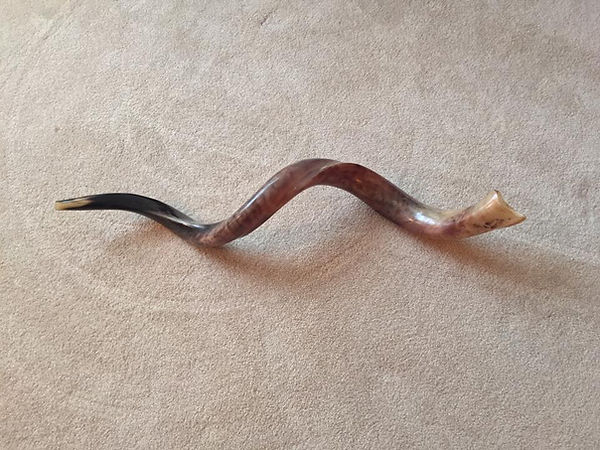Wendy H. Chinn
Wendy Chinn is a private brass music teacher in Northern Virginia. Wendy holds a Bachelor of Music in Music Education from the Crane School of Music, and a Master of Music, Music Performance from George Mason University. Wendy has also been an elementary school band director, general music teacher, and sectional instructor in Arlington County, Fairfax County and Alexandria public schools. She has performed in many different venues, from the Conservatoire Americain in Fountainbleau, France, to the Bluebird Cafe in Nashville, to the Berkeley Symphony Orchestra in California. She currently performs on the French horn in groups in the Washington, DC metropolitan area including the Cathedral Brass, Virginia Grand Military Band, Scotts Run Brass Quintet, and Morpheus Chamber Players.

Testimonials
Shofar
Wendy Chinn offers lessons on shofar as well as French horn. The shofar is a ritual animal horn, and is usually a horn from a ram. The shofar that Wendy uses is from an African kudu and pictured below.
Originally the shofar was used as an instrument of war and ritual. It was used to sound an alarm with various meanings; to gather the chiefs to the people, to tell certain factions to move ahead or to assemble for a meeting. The shofar was also blown as a signal to gather.
The shofar became to be used more for religious services and calls to worship. It is blown on Rosh Hashanah, or Jewish New Year, which is a time of reflection and a time to contemplate one’s relationship with God and the community. Unlike the common secular New Year, it is a time of sobriety, piety, reflection and prayer.
